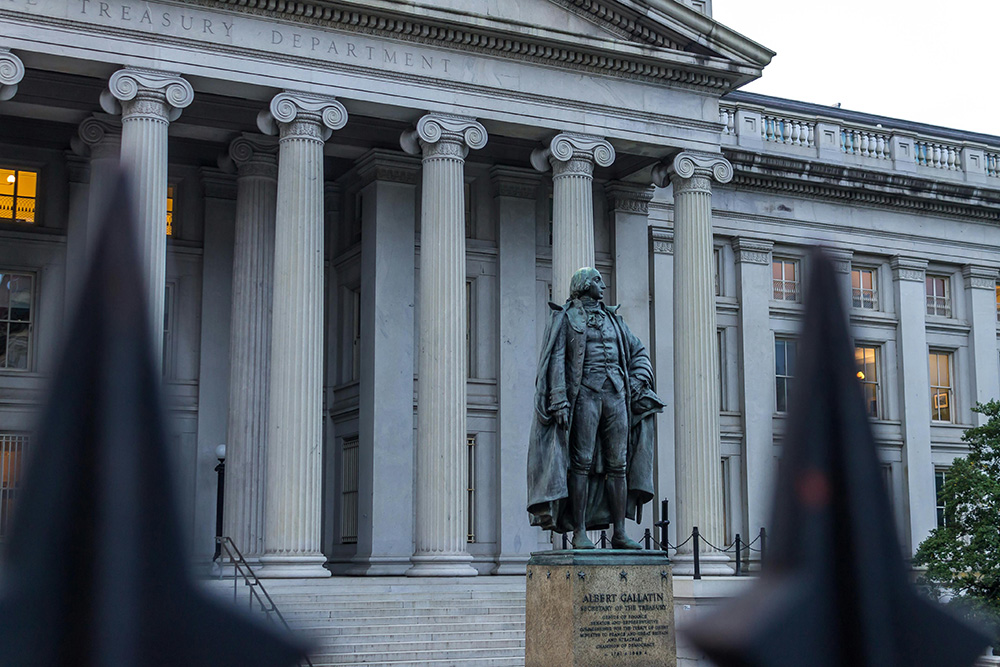The U.S. Department of the Treasury’s Office of Foreign Assets Control (OFAC) has announced significant actions against individuals and companies that enable the Iranian regime to evade American sanctions, engage in weapon smuggling, and perpetrate corruption within Iraq. This initiative underscores the troubling influence of Iranian-backed militias, particularly the U.S.-sanctioned terrorist organization, Kata’ib Hizballah, which has infiltrated Iraq’s security forces and economy.
These militias are not only implicated in the deaths of U.S. personnel but are also responsible for conducting attacks against U.S. interests and allies in the region. By monopolizing resources and fostering corruption, they jeopardize Iraq’s economic stability and hinder the establishment of a functional government that could enhance regional security.
Among the targeted entities are bankers who exploit Iraq’s economy to launder money for Iran, as well as a terrorist front company that provides critical support to militia groups. Moreover, the Treasury is addressing assets of the Islamic Revolutionary Guard Corps (IRGC) located in Iraq, which operate networks to gather intelligence, further complicating the security landscape.
Under Secretary of the Treasury for Terrorism and Financial Intelligence, John K. Hurley, emphasized the mission, stating, “Treasury is targeting Iran-backed militia groups responsible for the deaths of U.S. personnel. We are determined to dismantle the financial networks that support these terrorist operations.”
This latest round of sanctions is implemented under Executive Order (E.O.) 13224, which aims to combat terrorism and its supporters. The Iranian Revolutionary Guard Corps, alongside Kata’ib Hizballah, features prominently on the sanctions list and has long been designated as a terrorist entity due to its role in supporting various militant groups.
The OFAC’s actions build on previous measures taken on July 3 and September 2, 2025, aimed at penalizing those utilizing Iraqi territory to fraudulently sell Iranian oil as Iraqi product. One notable entity caught in the crosshairs is the Muhandis General Company, a massive conglomerate linked to Kata’ib Hizballah. This company is claimed to facilitate a network of corruption, diverting funds from Iraqi government contracts and potentially aiding in weapons supply for militia groups.
The Treasury’s designations extend to key individuals in the Iraqi banking sector, including executives who exploit their positions to launder money and generate revenue for the IRGC and its affiliates.
As the U.S. steps up its efforts to curtail the Iranian regime’s influence and support for terror-related activities in Iraq, these recent sanctions mark a critical phase in the ongoing battle against regional destabilization and the safeguarding of American and allied interests.






